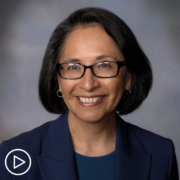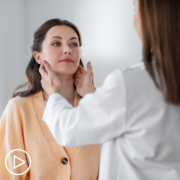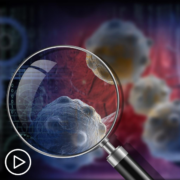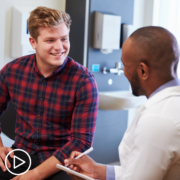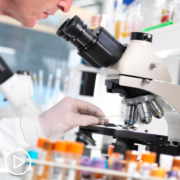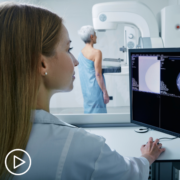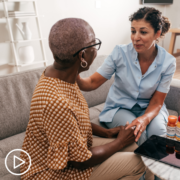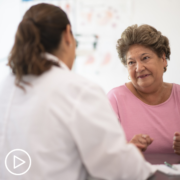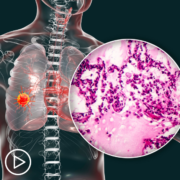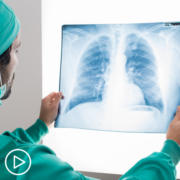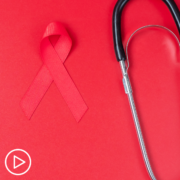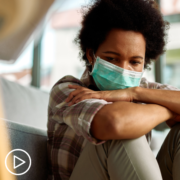AML Specialists and Second Opinions | Expert Advice to Patients
AML Specialists and Second Opinions | Expert Advice to Patients from Patient Empowerment Network on Vimeo.
If you seek a second opinion, will you hurt your current doctor’s feelings? Dr. Jacqueline Garcia shares advice for seeking a consultation from an AML specialist, emphasizing timing and clear communication.
Dr. Jacqueline Garcia is an oncologist and AML researcher at the Dana-Farber Cancer Institute. Learn more about Dr. Garcia.
Related Resources:

|

|
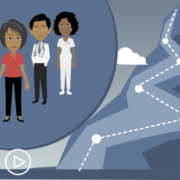
|
Transcript:
Katherine Banwell:
If a patient is feeling uncomfortable with the direction of their treatment plan or their care, should they consider a second opinion or even consulting a specialist?
Dr. Jacqueline Garcia:
Oh, 100 percent. I would say – I think that I’m spoiled. I’m a leukemia specialist, so they’re already seeing a specialist when a patient sees me. I don’t take care of any other cancers. But, I would say, for anyone seeing any oncologist in general, I would – number one, it doesn’t do the medical team any favors if you withhold any feelings of how the treatment’s going. Meaning, if you feel uncomfortable or that you’re having symptoms or people are taking too long to get back to you based on your experience.
I would just make sure you do your best to at least let them know so that they have the ability to adjust or accommodate whatever need you might have that might be different than what they’re used to, because every patient’s different. Some people have a really great support system. Or they have a little bit of experience of being a patient. Different coping mechanisms. Everyone’s different. There’s no right or wrong. But I would just make sure that it’s clear with your existing team, because they’re actively seeing you. Give them a chance to make the experience better.
I would for sure seek a second opinion. Don’t delay – I will just put this disclaimer. I would not delay treatment for an AML if your current doctor is giving you a good plan, and you feel confident that they have looked into whether or not you need to go to a bigger leukemia center and all that other stuff. But if you feel like they are giving you a good plan, don’t delay your therapy in the beginning, because you might get sick.
If, however, there is demonstration of safety and time to see someone within a short timeframe for a second opinion at the time of diagnosis before treatment started, then that’s okay. But wouldn’t wait a few months to go looking around, because that could put your health at risk. Once you’re on treatment, seeking a second opinion, if you’re dissatisfied with your ongoing team, it’s fine. I always want patients to feel comfortable with their treatment plan.
But I would recognize that you want to make it clear to your current team that they’re still helping you and responsible for your treatment. Because if you, for instance, started seeing multiple doctors and they won’t know who should be helping to follow up on certain things, who’s going to be scheduling the next round of therapy. And that ends up putting more ownership unnecessarily onto the patient where they might not have needed to have all that extra responsibility. So, I would just say just make sure that’s clear.



